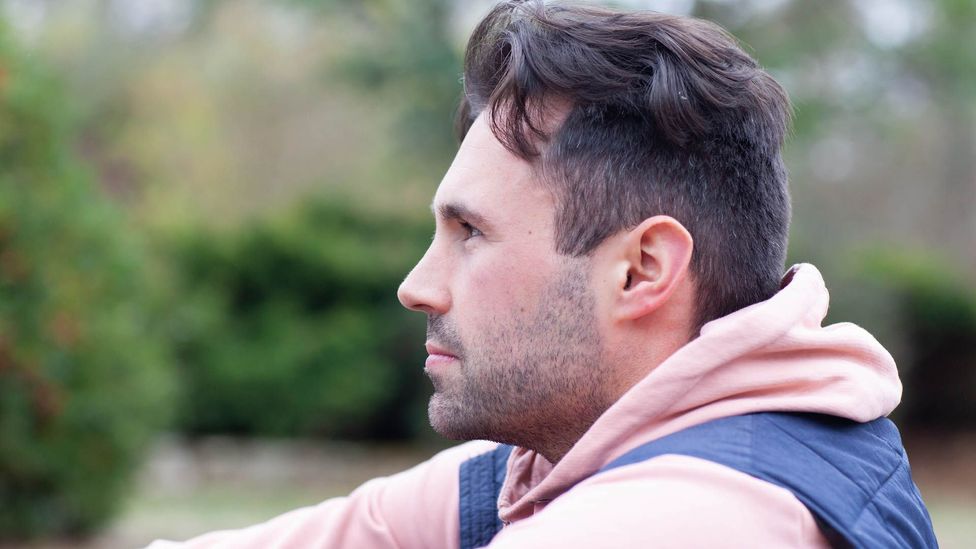As we head into 2021, Worklife is running our best, most insightful and most essential stories from 2020. Read our full list of the year’s top stories here.
Many of us are relieved to have ditched office commutes amid Covid-19, but what some see as a grind, others view as a ritual. For Nils Backhaus, who lives in Bochum, just outside Dortmund in Germany, even when he’s working from home commuting is still an essential part of his day that he can’t go without. At the end of the working day, around the time of 1700, the 34-year-old research and policy adviser for Germany’s Federal Institute for Occupational Safety and Health puts on his shoes, and gets on his racing bike to cruise through the tranquil landscapes along the Ruhr River.
This daily ride – what he calls his “fake commute” – mimics the trip he used to take returning from the office, before he transitioned to home working. It’s Backhaus’s way of recreating a more traditional start to ‘Feierabend’, a German word describing the time after work is done, and a period of leisure and rest begins.
“‘Feierabend’ has two meanings,” says Christoph Stengel, a 41-year-old Berliner who works as a software developer at price-comparison website Idealo. “First, it's the moment you stop working for the rest of the day – of course, [it’s] a good feeling then. Second, it's the part of the day between work and going to bed.”
It might seem surprising that Germans, who are often stereotyped as hard, efficient workers, cherish their leisure time so protectively. But the concept of Feierabend is also linked to a very capitalist mentality that companies get more productivity – and therefore more value – out of their labour force if workers are allowed clear periods of rest after work.
“You have to rest after work directly, you can’t do double time the next day,” says Backhaus. “The stress and recovery go hand in hand. It’s like a bodily rhythm.”







